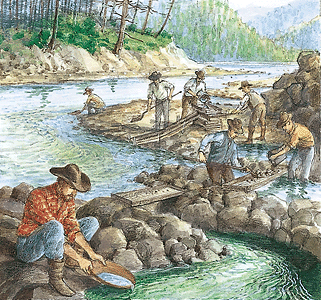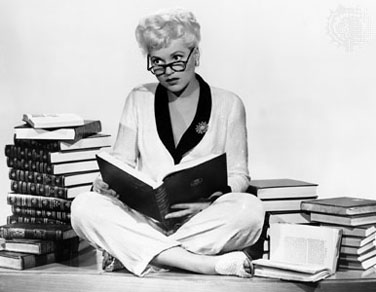Zen Buddhism and quantum physics make happy bedfellows in this entertaining deeply-personal intelligent novel. You might think dealing with such grandiose subject matter might make this more of a scholarly diatribe than a moving story, but Ozeki writes a skilful engrossing narrative about an adolescent girl named Nao who grew up in California and finds herself taken back to live in her parents’ native country Japan. The book is very reminiscent of the movie Never Ending Story because alternating between chapters where Nao tells her story are chapters about a woman named Ruth living in a remote location in British Columbia who discovers Nao’s confessional letter washed up on a beach. Ruth becomes obsessed with the girl’s story which she realizes was written some years ago and sets about trying to track down what happened to Nao. I was equally gripped by this shy, awkward girl’s fate as she navigates the horrendous abuse from her fellow schoolmates, attempts to deal with her suicidal father and develops a reverence for her 104 year old great-grandmother who is a Zen nun and radical female author living in a mountain temple. I became so involved I started to resent somewhat the sections about Ruth and wished that it was only Nao’s story. However, this structure gives the author the opportunity to muse upon the nature of time and tease out a lot of philosophical quandaries.
The book does get you thinking a lot - especially once you start contemplating quantum physics and you learn how very strange the world is at the subatomic level. Does our awareness of the space around us actually change how matter functions on this level? If time is a matter of perception is it always relative? Does each of us have a unique “superpowah” that can be harnessed to help us deal with challenges we encounter? Questions like these gathered at the back of my mind while reading this book, but didn’t detract too much from the central story of Nao trying to find her way and uncovering the story behind her scholarly uncle who is inducted into military service and forced to become a kamikaze pilot. What I did find distracting was the occasional footnote or invitation to see the appendix. Normally I enjoy this bit of extra information and the process of flipping back and forth through a book, but some of these asides brought me out of the story more than add to it. Some people might find the more fantastical elements towards the end of the book difficult to take, but I think they add a touching way of connecting the stories and leaping over space/time.
This novel did partially inspire me to start this blog making me want to put my story out there for whoever might come across it and take what they want from it. I think Nao’s story touches upon feelings of isolation and the ways in which we seek out meaningful communication on deeper levels not often available on a person to person level. Many of the characters feel a deep loneliness and Ozeki shows how this functions in different circumstances. Obviously Nao’s being venomously ostracised from her school leaves her feeling deeply alone but also her father who finds himself out of work wandering alone at night, her mother who takes refuge at an aquarium watching jellyfish in a tank all afternoon, her uncle conscripted into military service who is compelled to write his philosophical thoughts in French at his hostile boot camp to conceal his true feelings from those around him and Ruth herself in a tight-knit rural community which is portrayed as stifling as it is supportive. We feel alone so often whether surrounded by people or not, but this novel gives a refreshing sense of being connected across time and through the power of written language.
A jungle crow plays an important role in the plot of A Tale for the Time Being












